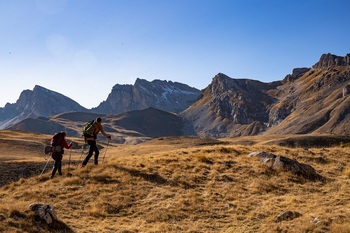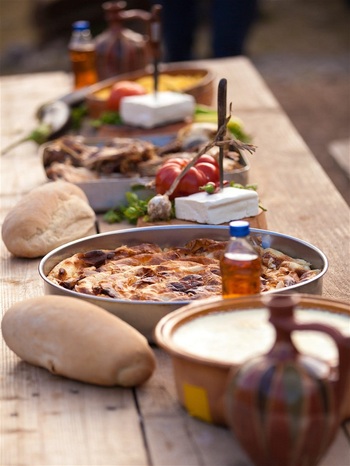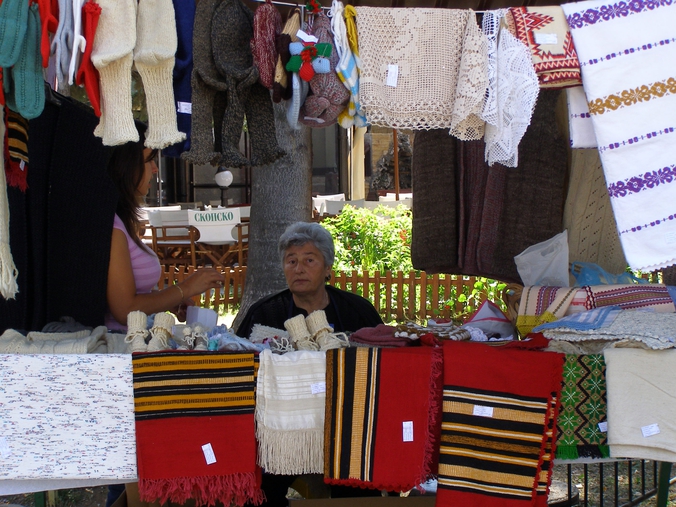Boosting the economies in rural areas of Southeast Europe
Project description
Title: Support to Economic Diversification of Rural Areas in Southeast Europe (SEDRA II)
Commissioned by: German Federal Ministry for Economic Cooperation and Development (BMZ)
Countries: Albania, Bosnia and Herzegovina, Kosovo, Montenegro, North Macedonia, Serbia
Lead executing agency: Standing Working Group for Regional Rural Development in South Eastern Europe (SWG RRD)
Overall term: 2021 to 2025

Context
As they are home to almost half the population, rural areas are of great importance for the six Southeast European (SEE) countries Albania, Bosnia and Herzegovina, Kosovo, Montenegro, North Macedonia and Serbia. However, they face continuous population ageing, youth emigration and high unemployment, processes that are turning these once vibrant regions into abandoned areas.
Objective
Employment and incomes in the rural areas of the SEE countries are improved and in line with the approximation process to the European Union (EU) and the Sofia Declaration.

Approach
SEDRA II builds on results achieved by predecessor projects. It cooperates closely with the Regional Rural Development Standing Working Group (SWG) of South Eastern Europe, which is responsible for cross-border cooperation in agriculture and rural development.
SEDRA operates in three areas:
- Facilitating theme-specific policy dialogues and providing technical expertise on rural economic diversification. It achieves this by encouraging regional political and policy dialogue, improving regional competencies and expertise on the EU CAP and Green Agenda and aligning the national agriculture and rural development policies of SEE countries to the EU CAP.
- Consolidating existing regional and national cooperation structures for rural development. This includes establishing thematic hubs to promote shared learning and exchange and making rural development networks work better as bottom-up and participatory representation of local development partnerships.
- Promoting regional value creation and local resilience. This can change the socio-economic decisions taken by the rural population leading them to see better prospects for themselves and their families at home. SEDRA II also provides advice on developing stable and inclusive business models.
Last update: Oktober 2021
